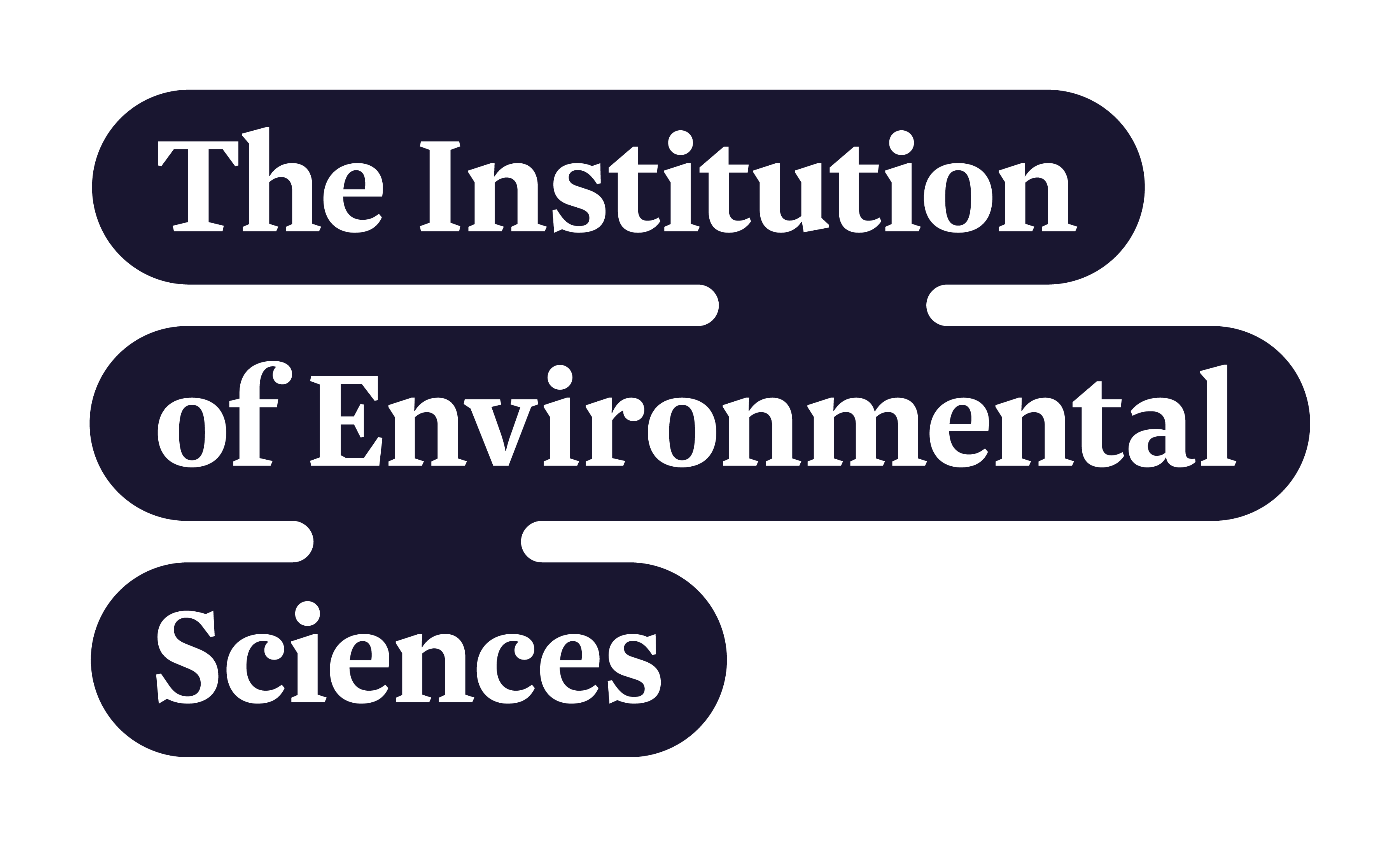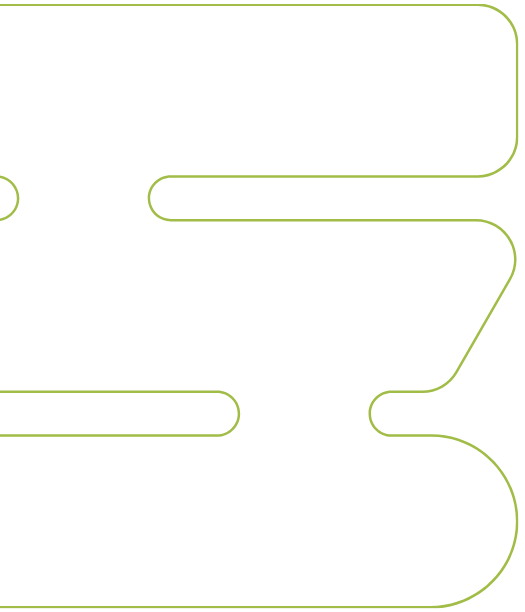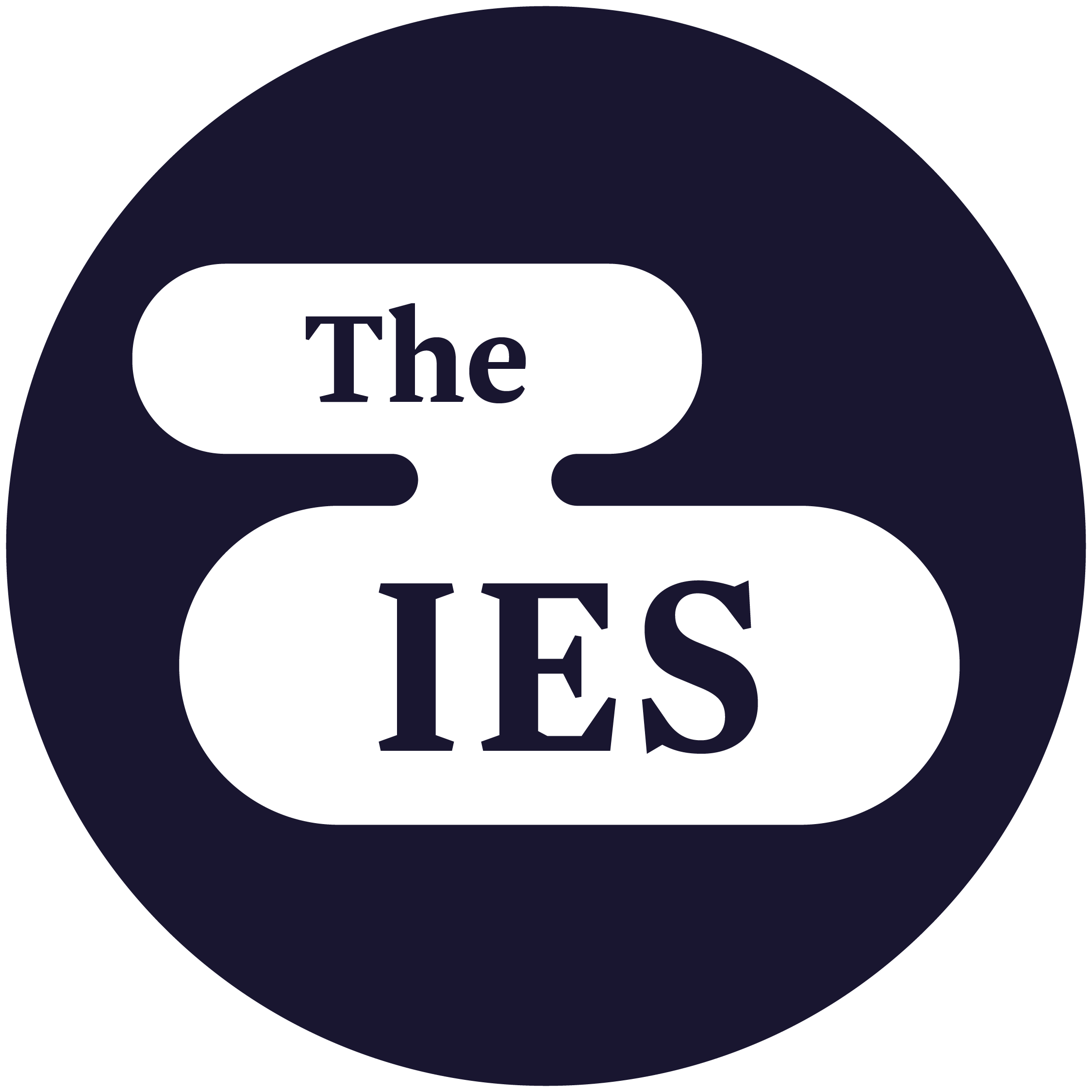Continuous Professional Development
Keeping your career up-to-date

Be the best at what you do
Continuing Professional Development (CPD) is fundamental to your professional career. Through it you can increase your abilities at work. There are many ways of learning new skills and knowledge whilst working, and the IES is here to help.
By furthering your knowledge of your discipline and demonstrating professional achievements you can enhance your career prospects and even job satisfaction.
CPD FAQs
CPD is described as encompassing “the systematic maintenance, improvement and broadening of knowledge and skill, and the development of personal qualities necessary for the execution of professional and technical duties throughout the individual’s working life” (SocEnv, 2006).
The IES’ CPD scheme provides a planned and structured approach to the maintenance and upgrading of members’ skills. Participation in CPD signals to potential employers and clients a commitment to life-long learning and acts as a mark of quality assurance. Having an adequate and suitably maintained skill base is a part of a ‘duty of care’ of an environmental professional towards their customers, employers, society and their professional body. In addition, many insurance companies recognise the existence of a structured CPD scheme within an organisation as a factor to be considered when calculating the premium for professional indemnity insurance.
The view of the IES is that the professional in environmental science is in no different a position to professionals in other areas. In some instances, professionals from other disciplines face serious penalties if they do not undertake a certain amount of CPD. It follows that CPD should be regarded as an integral part of an environmental professional’s career, serving to augment the professional’s ability in the workplace.
There are a number of direct benefits that can be derived from participating in and recording one’s CPD. These include:
- Furthering own knowledge of discipline
- Enhance career prospects and salary
- Demonstrate professional achievements
- Receive professional recognition
- Increase job satisfaction
The IES wishes its members to demonstrate the ability to provide high quality service, achieve greater job satisfaction and improve employability. In this sense, the central aims of CPD are to enhance career prospects and contribute to professional performance. Since Chartered Environmentalist (CEnv) became available to IES members in 2004 and Chartered Scientist (CSci) in 2010, CPD has become an essential element in the winning and maintaining Chartered status.
There is a diverse range of activities that can count as CPD, such as:
- Courses (practical and technical)
- Conferences and seminars (both accredited and non-accredited)
- Workshops
- Writing articles and papers
- Institution committee work
- Professional updating by private study and reading
- Pursuing other related qualifications
- Research Projects
The IES recognises the wide diversity of members’ interests within the environmental sciences and so maintains a flexible approach to CPD activities.
It is suggested that as a prerequisite for undertaking CPD, members should review their own personal and professional experience. In particular, you should analyse where your skills and knowledge may be lacking and define areas in which they need to improve. You should also spend time considering how your particular career might be changing in the light of new technological developments, the emergence of specialisms, moves towards quality assurance and legislative changes. They should also determine what their strengths are, as building on existing strengths is as relevant an aim for CPD as improving on areas of weakness.
Once members have a clear idea of their strengths, weaknesses and potential changes within their fields, they should aim for their CPD to address these issues.
Those who are Chartered Environmentalists or Chartered Scientists should review the list of competences for their Chartership.
Professional members will need to complete 30 hours CPD a year.
You may wish to augment the record pages with copy certificates, CVs, syllabi and anything else of relevance to your CPD. The CPD Record is intended to contain your complete CPD history in one place.
10% of Chartered Members, 5% of IAQM members, 100% of REnvP and REnVTech, and a selection of other members are selected on a random basis for review by the Review Panel.
The five IES CPD learning categories are:
- Formal learning (e.g. attending conferences, writing papers, higher and further education courses)
- Work based learning (e.g. reflective practice, developing staff)
- Professional activity (e.g. involvement in a professional body, mentoring)
- Self-directed learning (e.g. reading journals, reviewing books/articles)
- Other (e.g. voluntary work, public service and CPD that doesn't fit into the above categories)
CPD should not concentrate on just one or two of these learning categories, but be a combination of them all. The balance among these types would vary from person to person, and will be appropriate for the individual.
10% of CPD submissions are audited by our review panel. The auditors mark your submission as: 'fully met', 'borderline' and 'not met'. You will be informed of the result with feedback.
The panel will give you feedback about why your record was considered borderline. You need to take this feedback into consideration when planning and undertaking your CPD for the following year. You will be audited again the next year. You may wish to go back and edit your record to incorporate the panel’s feedback.
If you submit CPD records which do not comply with the scheme guidance, will be given feedback and requested to re-submit a compliant CPD record. Those members who do not comply with the request by the end of the year will not be able to renew their membership. Termination of membership under these conditions will automatically also lead to termination of Chartered status (CEnv and CSci).
Those members who do not submit a CPD record at all, will be given a timeframe to submit. Those members who do not comply with the request will not be able to renew their membership. Termination of membership under these conditions will automatically also lead to termination of Chartered status (CEnv and CSci).
There will be information on conferences, workshops and seminars published in the ES Monthly newsletter and at www.the-ies.org/events.
Only IES office staff and the review panel will have access to your records. There are other parties that wished to have access to your CPD records such as insurance companies (if you are seeking professional indemnity insurance), clients or potential employers. However, we will not open your records to these parties without your permission.
If you are absent from work due to a career break, illness or parental leave, you are exempt from making CPD entries on pro rata basis for the duration of your leave (e.g. if you were off for six months then please complete at least 15 hours of CPD for that year). When your CPD record is called for review we will ask you to provide some information about the reasons for any gaps in your record and to support this with appropriate evidence (usually a note from your line manager). We recommend that, when you are able to and particularly towards the end of your sickness or leave, you undertake some learning, such reading journals articles, to prepare yourself for your return to work.
Yes, the 30 hours applies to both full and part time workers. Remember that CPD does not need to be paid conferences and events so is unrelated to CPD budgets that may be available to you.
All Members who remain professionally active after retirement are likely to have to participate in CPD activity in order to carry out their professional duties. Those who are no longer professionally active are not required to submit their CPD record.
Continue filling in the form you currently use with the other organisation, but please check our guidance to see if we require any additional information. You can upload a pdf in the form that you record it through our online system.
Reflections are the process of analysing your CPD activities in order to assess the key benefits to yourself, employers and society, recognise strengths and weaknesses for self-improvements, and generate further ideas for personal and professional development.
CPD reflection encourages you to identify links between development activities and their impacts, allowing you to recognise your progress and modify your actions, behaviour and learning objectives in the future. Essentially, reflection is about learning from your experiences.
CPD review is integral to refining professional practice and is currently endorsed by various sectors, including education, medicine, business and psychology. We believe that the environmental sector would likewise benefit from adopting a reflective approach to CPD as part of its commitment to upholding the standards and importance of the profession, and acting as a catalyst for improvement.
For IES members, planning, recording and reflecting on CPD should become instrumental to successful professional development and a routine aspect of working life. But, what methodological approach should professionals take to adequately reflect on their CPD activities? After each task, individuals should ask themselves a series of practical questions to determine the outcome of their CPD activity, such as:
- What have I gained from this exercise?
- Was this activity beneficial to my professional development? Why?
- How will this impact my professional practice?
- What were the positive and negative aspects of this activity?
- Do I have any skills or knowledge gaps that require action within future CPD planning?
The answers to these questions should be recorded in the 'Notes and reflection on activity' section of the CPD recording tool. Professionals are also encouraged to reflect on their annual CPD record as a whole to track progress for personal growth. Good reflection is demonstrated through thorough analysis and evaluation of activities, carefully identifying which skills and attributes are required to help you develop professionally. Writing down any ideas, feelings, and observations is an effective method of reflection, which should be carried out promptly, and preferably not as an end-of-year task. Documenting your reflections may seem somewhat alien at first, but it will undoubtedly help you to monitor your professional growth and to accept responsibility for your development



